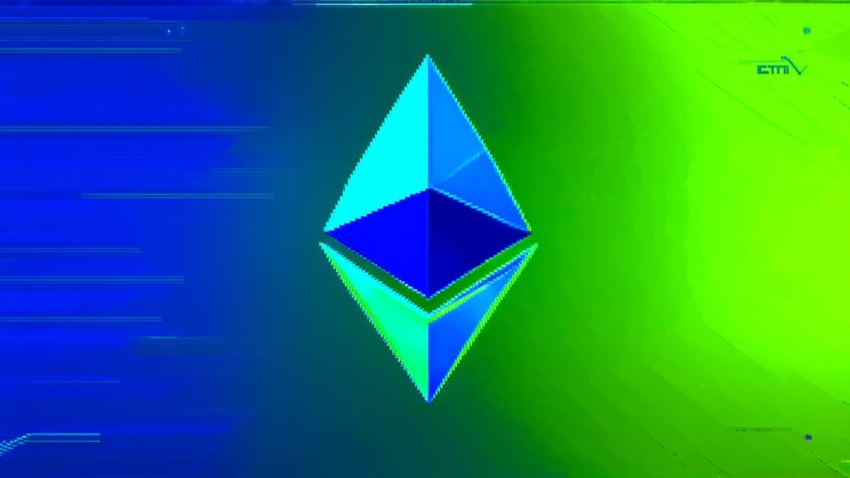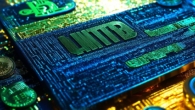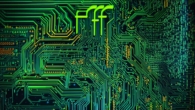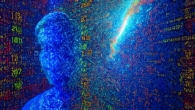
What does NFT mean in the context of cryptocurrency
Introduction
NFTs, or non-fungible tokens, have taken the world by storm since their inception in 2017. These unique digital assets have been used to represent a wide range of items, from art and music to collectibles and even real estate. But what exactly is an NFT, and how does it fit into the world of cryptocurrency? In this article, we’ll explore the basics of NFTs and their potential uses in the crypto space.
What are NFTs?
At its core, an NFT is a digital asset that represents ownership of a unique item or piece of content. Unlike traditional cryptocurrencies, which are fungible (meaning they can be exchanged for one another), NFTs are not interchangeable. Each NFT is assigned a unique identifier, or token, that defines its ownership and value.
NFTs are created using blockchain technology, which provides a secure and transparent way to track the ownership and transfer of these digital assets. When an NFT is created, it is stored on a decentralized ledger, which ensures that the asset’s ownership and history can be verified by anyone on the network.
What makes NFTs unique?
There are several key features that set NFTs apart from traditional cryptocurrencies:
- Uniqueness: Each NFT is a one-of-a-kind digital asset, with its own unique identifier and ownership history. This means that no two NFTs are exactly the same, and each has its own inherent value.
- Ownership: NFTs provide a way to prove ownership of a unique digital asset. This can be especially useful in industries like art, where ownership and authenticity can be difficult to verify.
- Transferability: NFTs can be bought, sold, and traded just like traditional cryptocurrencies. However, because they are not interchangeable, the value of an NFT can fluctuate based on its rarity and demand.
- Fractional ownership: With NFTs, it’s possible to split ownership of a digital asset into fractions, allowing multiple people to own a piece of the asset. This can be especially useful in industries like real estate, where fractional ownership can make it easier for people to invest in properties they might not otherwise be able to afford.
Use cases for NFTs
NFTs have a wide range of potential uses in the crypto space. Here are just a few examples:
- Art and collectibles: NFTs can be used to represent ownership of unique digital art and collectibles, such as digital paintings, sculptures, and even virtual real estate. This provides a way for artists and collectors to prove ownership and authenticity of these assets, while also allowing them to be bought, sold, and traded on the open market.
- Gaming: NFTs can be used to represent in-game items, such as weapons, armor, and other collectibles. This allows players to buy, sell, and trade these items outside of the game, creating a new market for them.
- Real estate: NFTs can be used to represent ownership of real estate properties, allowing people to invest in fractional ownership of properties they might not otherwise be able to afford.
- Music and royalties: NFTs can be used to represent ownership of music tracks and other digital assets, providing a way for artists to monetize their work and track ownership and royalties.
FAQs
1. What is the difference between NFTs and cryptocurrencies?
NFTs are unique digital assets that represent ownership of a unique item or piece of content, while cryptocurrencies are fungible digital assets that can be exchanged for one another.
2. How do NFTs work?
NFTs are created using blockchain technology, which provides a secure and transparent way to track the ownership and transfer of these digital assets. When an NFT is created, it is stored on a decentralized ledger, which ensures that the asset’s ownership and history can be verified by anyone on the network.
3. What are some potential use cases for NFTs?
NFTs have a wide range of potential uses in industries like art, gaming, real estate, and music. They provide a way to prove ownership and authenticity of unique digital assets, while also allowing them to be bought, sold, and traded on the open market.








